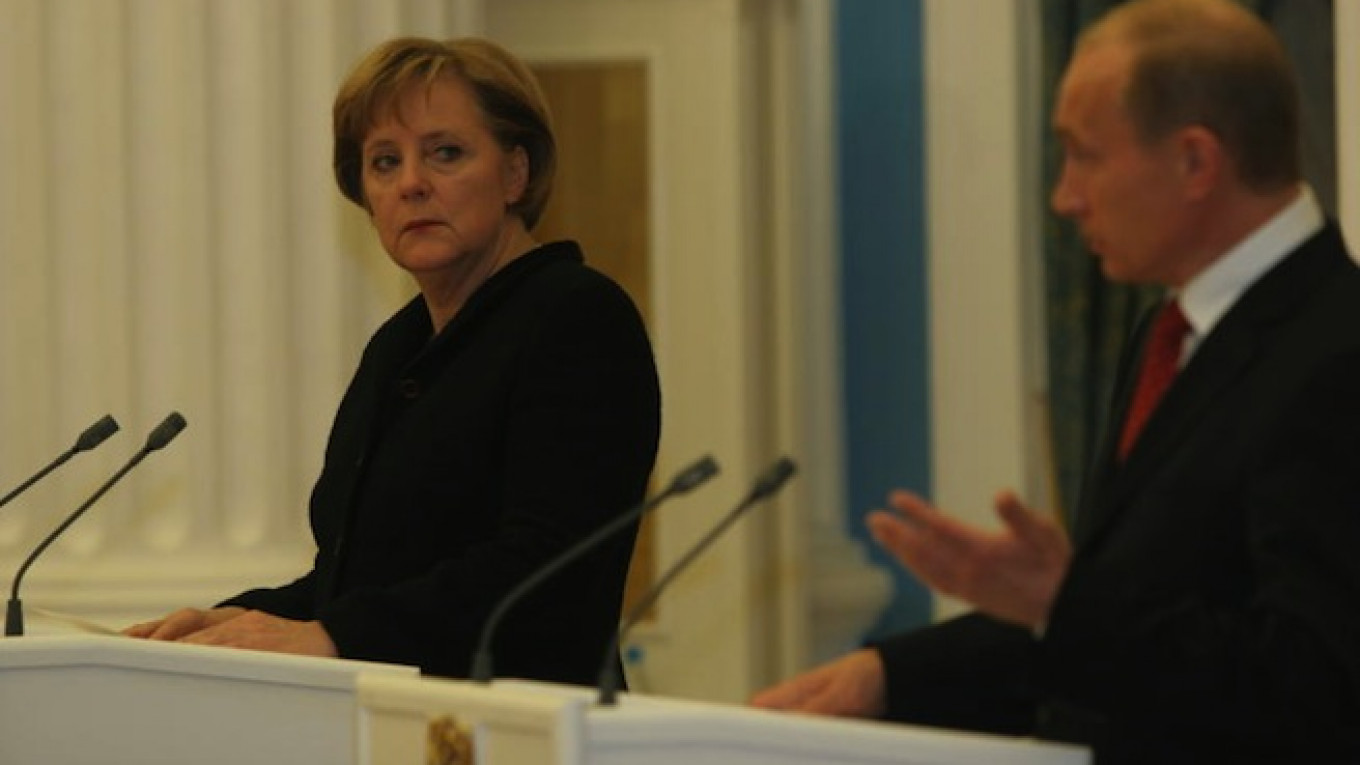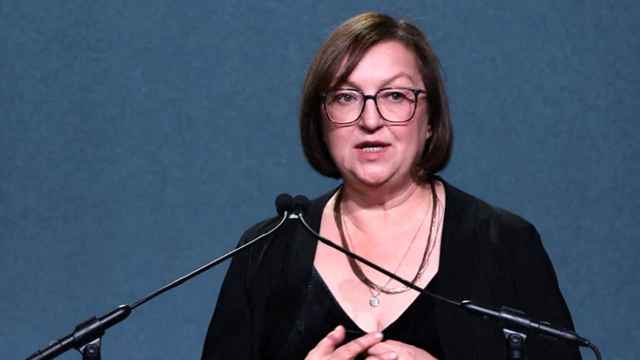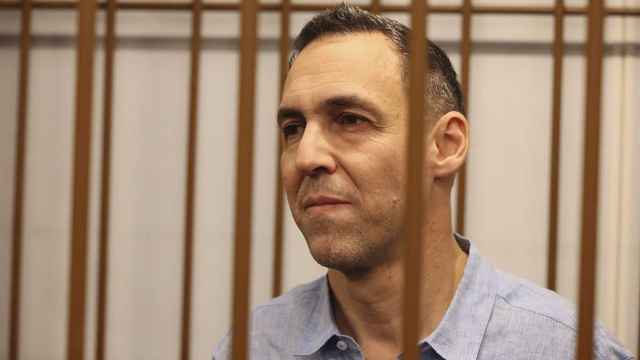German growth could be reduced by up to 0.9 percentage points this year and 0.3 points in 2015 if the EU imposes tougher economic sanctions on Russia for its actions in Ukraine, a German magazine reported.
Stern magazine cited the German section of a European Commission study in which confidential scenarios for all 28 European Union member states were prepared as the bloc debates how to retaliate if pro-Russian separatists prevent Ukraine from holding free presidential elections as scheduled on May 25.
The Commission's current forecast is for German gross domestic product to expand by 1.6 percent in 2014 and 2.0 percent in 2015. The report, cited by Stern, said sanctions would drag these rates lower mainly by pushing up energy prices.
Europe's reliance on Russian natural gas supplies has forced leaders like Chancellor Angela Merkel to temper their threats of tough action against Russia with cautious talk of the need to engage President Vladimir Putin in dialogue about Ukraine.
Light sanctions, such as blocking imports of Russian luxury goods like furs or expanding the list of political and business figures subject to travel bans, would slow German growth by 0.1 percentage points this year and next year, the Stern report said.
But the worst-case scenario for the German economy would be prompted by a ban on imports of Russian oil and gas and Russian intermediate goods and a freeze on Russian financial assets and capital movements, according to the report.
This would have a big impact on Germany's energy supplies, it said, estimating that Germany gets 46 percent of its gas and 37 percent of its oil from Russia and is even more dependent on it for supplies of certain raw materials like copper.
A Message from The Moscow Times:
Dear readers,
We are facing unprecedented challenges. Russia's Prosecutor General's Office has designated The Moscow Times as an "undesirable" organization, criminalizing our work and putting our staff at risk of prosecution. This follows our earlier unjust labeling as a "foreign agent."
These actions are direct attempts to silence independent journalism in Russia. The authorities claim our work "discredits the decisions of the Russian leadership." We see things differently: we strive to provide accurate, unbiased reporting on Russia.
We, the journalists of The Moscow Times, refuse to be silenced. But to continue our work, we need your help.
Your support, no matter how small, makes a world of difference. If you can, please support us monthly starting from just $2. It's quick to set up, and every contribution makes a significant impact.
By supporting The Moscow Times, you're defending open, independent journalism in the face of repression. Thank you for standing with us.
Remind me later.






